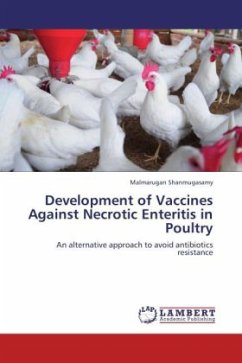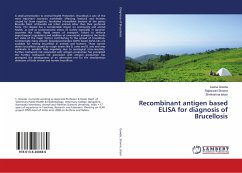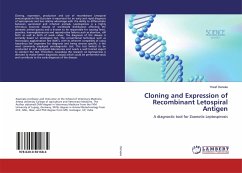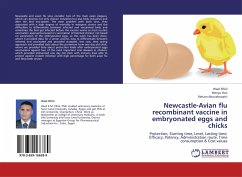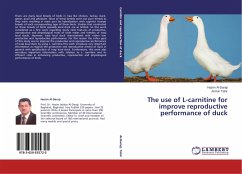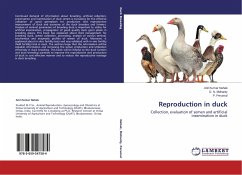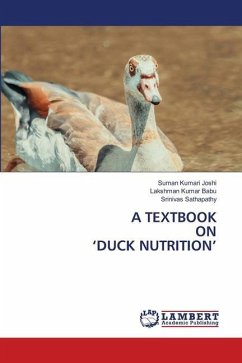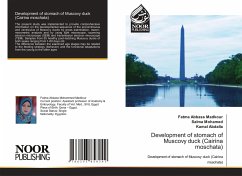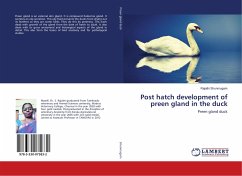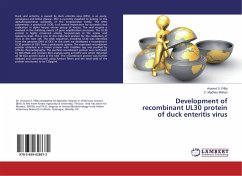
Development of recombinant UL30 protein of duck enteritis virus
Versandkostenfrei!
Versandfertig in 6-10 Tagen
36,99 €
inkl. MwSt.

PAYBACK Punkte
18 °P sammeln!
Duck viral enteritis, is caused by duck enteritis virus (DEV), is an acute, contagious and lethal disease. DEV is currently classified to belong to the alphaherpesvirinae subfamily of the herpesviridae family. The DNA polymerase, a product of UL30, is of central importance for successful viral replication in alpha herpes virinae group of viruses. The viral enzyme is involved in the initiating events of gene amplification processes. The UL30 protein is highly conserved among herpesviruses at the amino acid sequence level. This is one of the important protein for the replication of virus in the ...
Duck viral enteritis, is caused by duck enteritis virus (DEV), is an acute, contagious and lethal disease. DEV is currently classified to belong to the alphaherpesvirinae subfamily of the herpesviridae family. The DNA polymerase, a product of UL30, is of central importance for successful viral replication in alpha herpes virinae group of viruses. The viral enzyme is involved in the initiating events of gene amplification processes. The UL30 protein is highly conserved among herpesviruses at the amino acid sequence level. This is one of the important protein for the replication of virus in the host cell. The DNA sequences encoding UL30 was identified from the genomic DNA of DEV. In this work we developed a recombinant UL30 protein of DEV from a prokaryotic system. The expressed recombinant protein obtained as a fusion protein with histidine tag was purified by affinity chromatography. The purified recombinant protein was confirmed by SDS-PAGE and western blot analysis using anti DEV sera which detected an 80 kDa protein band in the blot. The recombinant protein was further dialysed and concentrated using Amicon filters and the total yield of the protein was found to be 120µg/ml.



